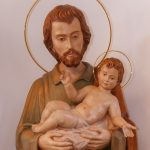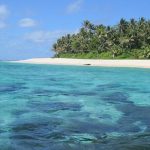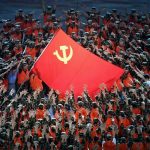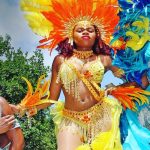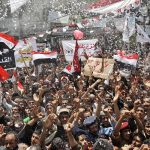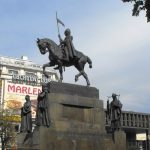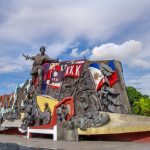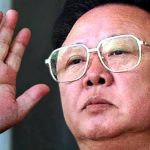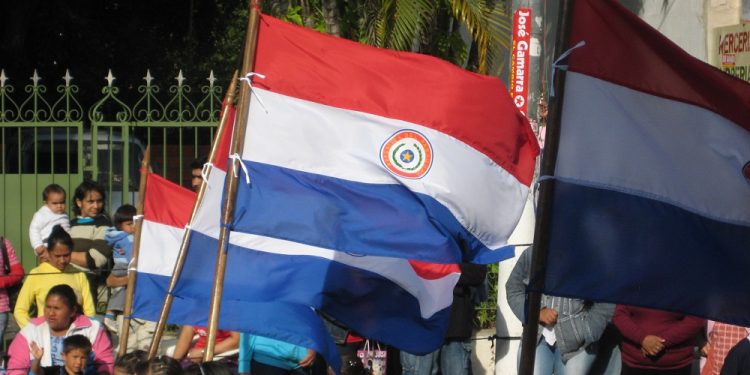
Independence Day In Paraguay
Observed annually on May 14th, Independence Day is a public holiday in Paraguay that celebrates the country’s independence from Spain in 1811. This holiday is celebrated over a two-day period that begins on the 14th and ends on the 15th. Because it is a public holiday in Paraguay, schools and government buildings are closed, as are many businesses.
It is a day when people take to the streets to enjoy their freedom and to celebrate. On this day, people enjoy good food with friends and family, dance, shoot off fireworks, and participate in other celebratory events.
The History of Independence Day in Paraguay
During the 16th century, Paraguay was first colonized by the Spanish, and almost immediately tensions began to rise between the indigenous population and the Spanish settlers. On May 14th, 1811, the Paraguayans were able to oust the Spanish thanks to lawyer Dr. José Gaspar Rodríguez de Francia. Dr. Francia would become the first President of Paraguay and would serve from 1814 through 1840.
Interesting Facts About Paraguay
Below are some interesting facts about Paraguay that we feel everyone can find interesting:
- Corazón de América (Heart of America) is the nickname for Paraguay due to its central location in South America.
- The name Paraguay means “Crowned River.”
- Paraguay’s literacy rate is 94.5%, compared to the United States literacy rate of 86.3%.
- The inner bark of red lapacho trees is used to make an ancient herbal medicine known as Taheebo.
- Paraguay has the largest navy of any landlocked country in the entire world.
- Dueling is legal in Paraguay, but both participants have to be registered blood donors.
Observing Independence Day in Paraguay
This holiday is celebrated with song and dance, soccer games, concerts, and above all, barbecues. People all over the country gather with loved ones to celebrate the day, eat good food such as Sopa Paraguaya, Chipa Guasu, Butifarra, and Payagua Mascada. It is also a day to celebrate one of the major figures in Paraguayan independence: Juan María de Lara.
